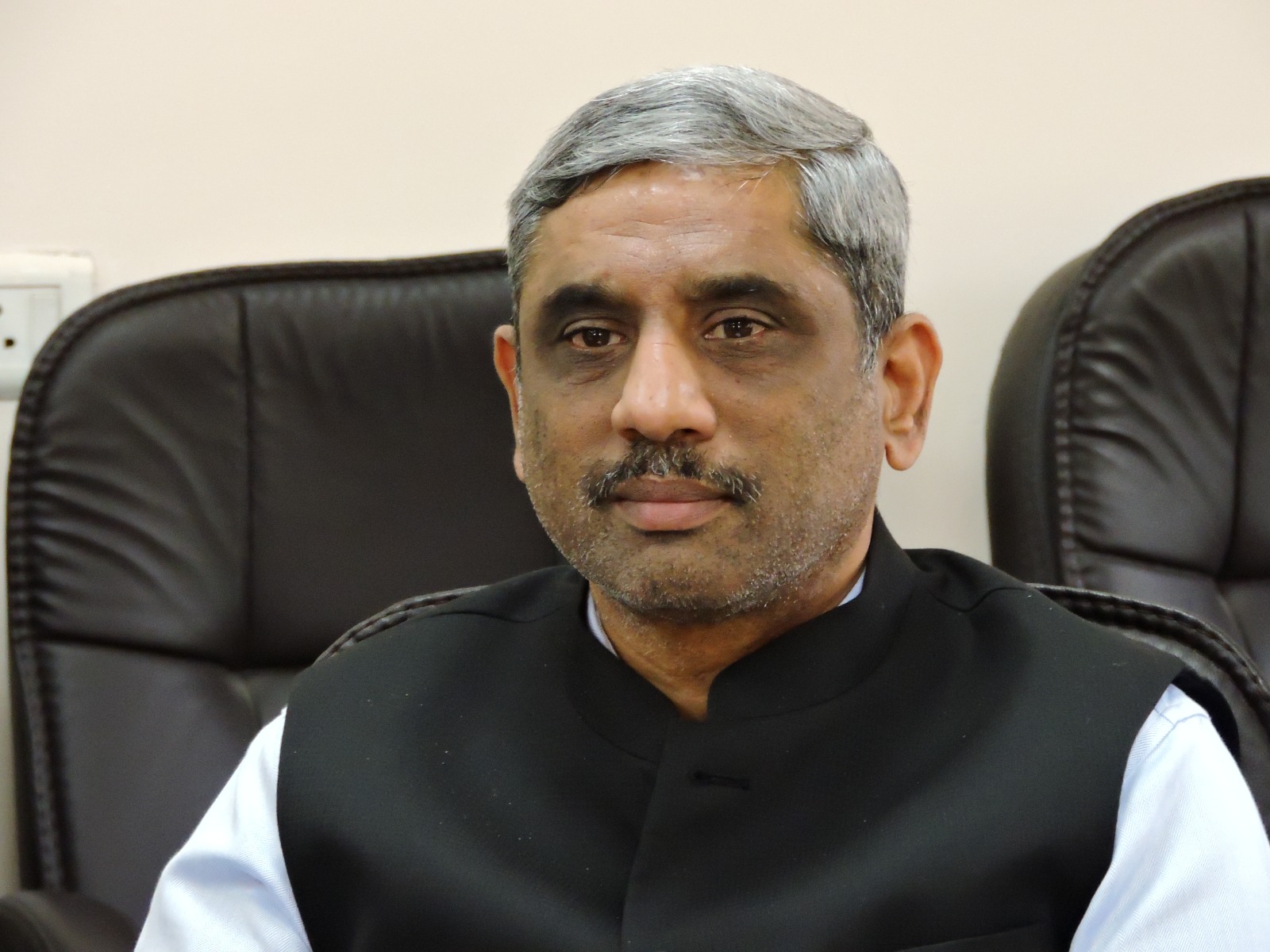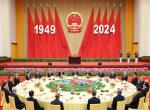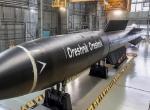The Indian Armed Forces have fought and won four wars against our Western neighbor, a state where the country does not have an army but the Army has a country. Despite these obvious victories, the Indian Armed Forces have never fallen prey to the world of politics, as witnessed across the Western border, and have decidedly remained apolitical with even discussions of politics in the rank and file being actively discouraged. The Armed Forces have adhered to the principle of ‘civilian control’ of the military both in letter and spirit in the true democratic vein. It is this spirit which has been the reason for deployment of the Armed Force as instruments of last resort by the Government even in domestic emergencies ranging from insurgencies to natural disasters, where the civilian administration and the political leadership have failed miserably. However, recent instances of political entities and even sundry pretenders of ‘journalistic’ abilities, like one Aakar Patel in his so called ‘vaani’, resorting to usage of the institution of the Armed Forces as a crutch for their petty gains, is a disturbing trend which, if not arrested, could destabilize the very fabric of our society.
The Armed Forces work in an atmosphere of trust and honour with the belief that the state has charged them with the responsibility of safeguarding its territorial sovereignty and national interests. This responsibility is underwritten by the respect of the national populace for performance of a task where the supreme sacrifice is the sine qua non. Preservation and enhancement of this respect, in a democracy like ours, can only be assured by adherence to the founding principles of the nation and its Constitution. The Indian Armed Forces have, over the past seventy years, earned the abiding and continued respect of the nation despite numerous changes in the political framework, be it in the states or at the Centre. Even at the worst of times in Indian’s political history, whether during the Emergency or after Bluestar, the Armed Forces have never been associated with any political hue. It is this complete renunciation and decided abjuration from politics, while adhering to the founding principles of the nation, which has elevated the Armed Forces in India to a level of reverence by the Indian populace. It is the reason that the common man on the street looks at the Army man with a sense of respect and even deference. Successive governments have also desisted from utilizing the Armed Forces for petty political gains which has further buttressed the position of the forces in Indian polity and the feelings espoused by society towards them. These feelings have been further strengthened by the accomplishments of the Armed Forces, not only in the field of battle, but also closer home during national calamities and disasters. “Bring in the Army” is a cry often heard during the monsoons when floods and landslides beset large swathes of our mountains and floodplains. The ability to deliver concrete results on ground, as seen during the floods in Chennai, set the Armed Forces apart from the civilian administration. Such abilities are not just a product of the resources plowed into the Armed Forces by the nation but have been brought about by a culture of responsibility and accountability underpinned by the trust reposed in them by the nation.
Like any other institution, the Armed Forces also experience internal problems, be it within services, with the political hierarchy or amongst their own men. Some of these problems, at times, manifest themselves in public discourse, and rightfully so, since a section of the society is affected. After all, the personnel of the Armed Forces belong to the society, before and after their tenures in uniform. But these are issues to be resolved in a mature democracy like ours and not to be seen as a deficiency in character. Tarring the Armed Forces with a ‘mercenary tradition’ on account of genuine grievances, which have not been publicly voiced by the Forces themselves and still being debated within the ruling dispensation, will challenge even the most vivid imagination. While such a notion should be accorded the despicability that it deserves, the larger issue is the propensity to use the Armed forces to achieve parochial objectives, with utter disregard for the character and morale of the men who constitute the heart and soul of this fine institution. This propensity seems to have permeated to certain sections of the pillars of Indian democracy, be it the political class or the media and even civil society.
Events of the recent past where certain political figures questioned the veracity of military actions and even the motives were undoubtedly the result of an inexcusable feral political expediency. These were further exacerbated by the politics over the sad demise of an ex-serviceman related to the ongoing struggle for OROP. The word ‘surgical’ has now found its way into the daily lexicon of the average Indian with even the recent notification on the Rs 500 and 1000 notes being called a ‘surgical strike’ against corruption. This is not to say that the Armed forces are above ‘criticism’ but any critique of the Armed forces should be just that and not aimed at running down an institution built over seven decades of trust and honour. The Armed Forces do have their own skeletons which have sometime tumbled out and have got the burial they deserved but these were the deviant behavior of individuals rather than an institutional deficiency. Institutional deficiencies would have resulted in a societal backlash which would have created a situation quite contrary to the current feeling of respect that the Armed Forces enjoy.
Coming back to the issue of use or ‘misuse’ of the institution of the Armed Forces, it has possibly got to do more with the lack of respect and legitimacy that these sections of the polity and the civil society are saddled with, largely because of their own shortcomings and failed promises. This has transformed into a credibility vacuum and these sections therefore choose to ride the easy ‘bandwagon’ of success of the Armed Forces and bask in the reflected glory, much to the chagrin and disgust of the forces themselves. The Armed Forces have no choice but to bear this excruciatingly agonizing and unwanted burden of avoidable attention because of Constitutional propriety. Adding to this already noxious mix are the various opportunistic and predatory ‘aakars’ of Indian civil society who are looking to earn their own fleeting ‘place in the sun’ by any means, however reprehensible.
It is these disturbing tendencies that need to be curbed in a responsible society with corrective measures emanating from the larger body and not through imposition of an external will. The Armed Forces of the Union of India are a very powerful instrument of state which are meant to be used during external aggressions, national emergencies and natural calamities. The elected political leaders may dictate their employment in war but using them as crutches in the political battlefield can only bring grievous harm to the nation in times of actual need.
Published Date: 10th November 2016, Image Source: http://www.nationalturk.com










Post new comment